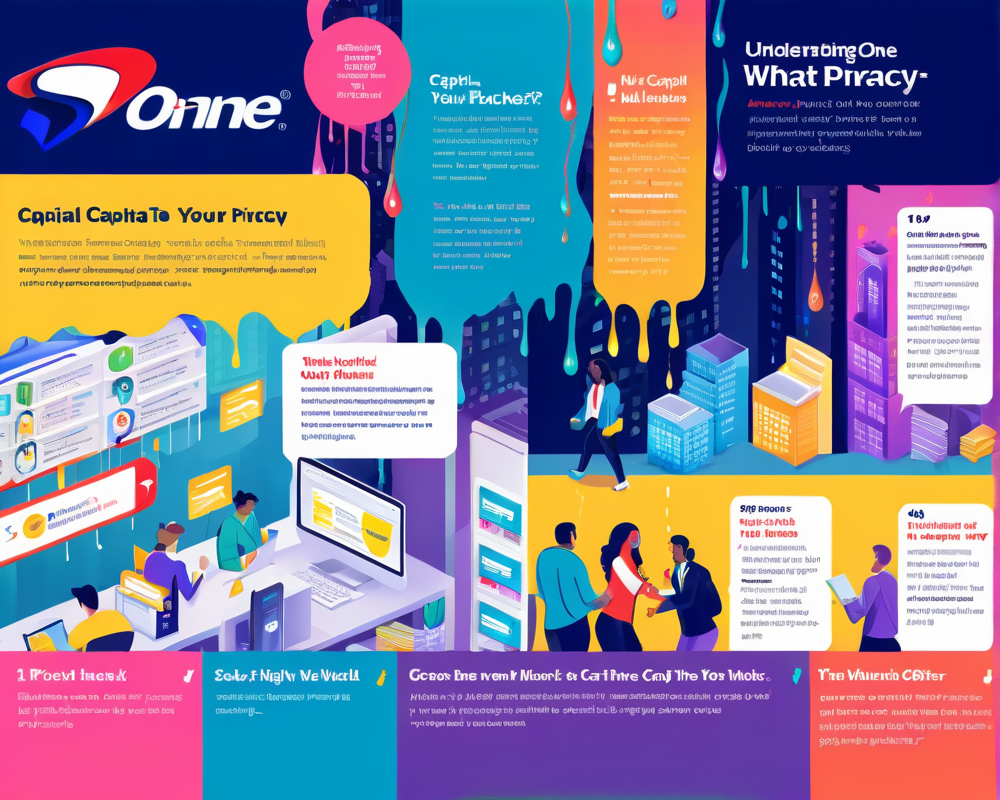The Great Capital One Hack: What Happened?
In March 2019, a hacker named Paige Thompson orchestrated one of the most significant data breaches in recent memory, stealing confidential information of around 106 million customers from major U.S. credit card issuer, Capital One. The FBI later arrested Thompson on June 29, but the damage was already done.
How Did It All Unfold?
Thompson, a former software engineer for a cloud hosting company used by Capital One, exploited a misconfigured web application firewall to pry open the digital vault. Once inside, she scooped up personal information including names, addresses, Social Security numbers, and even data about customers’ credit scores. The irony? Her previous role gave her an insider’s understanding of the systems she attacked, making her a wolf in sheep’s clothing.
What Kind of Data Was Exposed?
The revelation shook many to the core. This hack affected approximately:
- 100 million U.S. customers
- 6 million Canadians
And if that wasn’t distressing enough, it was reported that about 140,000 Social Security numbers and 80,000 bank account numbers were involved in this catastrophe. As if a financial hangover were needed, social media was rife with panic.
The Reactions and Aftermath
While Capital One claimed that it was unlikely the information would be used fraudulently, the breach has reignited a raging debate about data centralization. Morgan Creek Digital Assets co-founder, Anthony Pompliano, tweeted, “No one has ever hacked Bitcoin,” emphasizing how decentralized systems offer a level of security that traditional databases simply can’t match. A valid point, considering the pitiful attempts at securing sensitive data by corporations.
Privacy in the Age of Hacks
In a world where data breaches are as common as bad coffee, this incident has spurred a surge in interest for secure, blockchain-based alternatives. Tech giants, including Microsoft, are racing to create solutions that respect user privacy. BitMEX CEO Arthur Hayes even posited that the public is ready for a wake-up call regarding their data rights and ownership.




